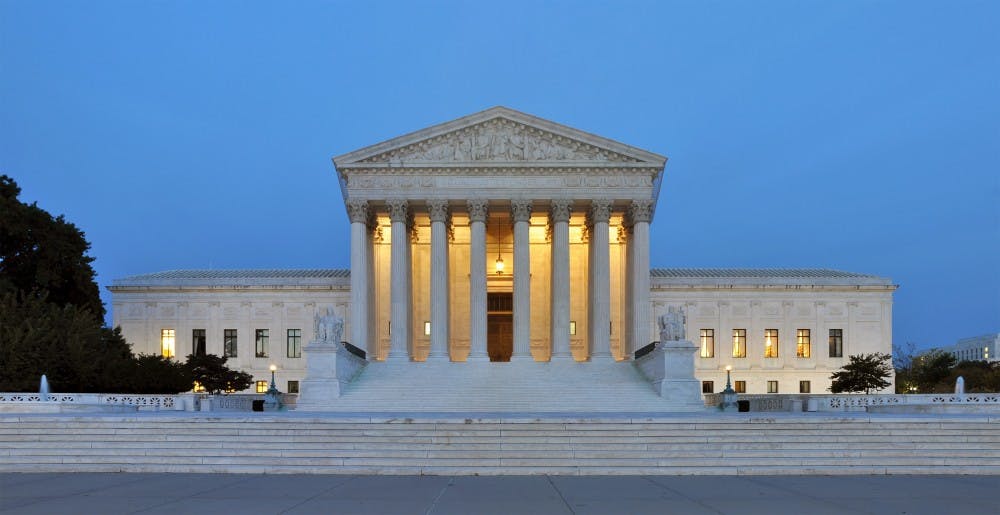In the summer of 2018, incoming first-years encountered Princeton Professor Keith Whittingon’s book “Speak Freely” as the Princeton Pre-Read. For his introduction, Whittington expressed the hope that universities are “First Amendment institutions'' because they are “where ideas begin.” Universities are “bastions'' of “critical dialogue.”
On April 9, President Biden appointed Whittington to his 36-member Commission on the Supreme Court of the United States. In the spirit of dialogue which Whittington himself espouses, we might hope for Whittington to engage in a meaningful exchange of views with Princeton’s student body concerning the future of the Supreme Court and of the United States.
Formed to analyze the merits of Supreme Court reform, the commission has the potential to inform groundbreaking transformations of one of our nation’s most powerful institutions. With the commission’s report “set to be finished in October,” Princeton students here and now have a unique window to interface with this project through Professor Whittington. To capitalize on this opportunity, students can do precisely what Whittington has long advocated: speak freely.
“The chaos of American democracy … the decorum of the seminar room,” Whittington writes, “what holds those two worlds together is a common commitment to taking ideas seriously, to exploring the unconventional and the unexpected … and to holding accepted truths up for challenge and reconsideration.” The time to embrace these understandings cannot be clearer. The Supreme Court’s towering legacy looms over all of American history. To gather not only the courage, but also the wisdom, to reform it means that we must listen to viewpoints far and wide.
At Princeton, we are students from across the country and across the continents. We are students across social strata, across wealth gaps, across cultures and understandings. This University to which we all belong serves as an ideal place for a rich and complex debate about the future of the Supreme Court. It is a place where a student from Caracas, Venezuela, can call for a “new judiciary nomination process,” a place where a first-year can argue “how an eight-member court can save the judicial branch.”
Students can continue this work, offering from all angles a new vision for our nation’s highest court. There may be those who argue to expand the number of justices. There may be those who counsel caution, worried about turning the court into a political arena. There may be those who insist on changing nothing at all. Yet there certainly will not be this: a lack of things to say.
Professor Whittington may choose to listen. We cannot hope to dictate his actions, nor should we. Yet we can hope to be one of the many voices he pays attention to in the coming months. As students at Princeton, our proximity to him offers us the chance to at least try. Other, equally deserving voices around the country may not have the same opportunity.
Facing the potential for Supreme Court reform, we might publish, we might host debates, and we might even have chances to speak to Professor Whittington himself. These habits of “deliberation,” as Whittington calls them, “have value not only for advancing the mission of a university but also for reinforcing the foundations of a liberal democratic society.”
With so many worried that our democracy is at its tipping point, with our Supreme Court facing scrutiny, we can work our best to tend to such foundations.
David Palomino is a junior in the politics department from Los Angeles, Calif. He can be reached at davidap@princeton.edu.








